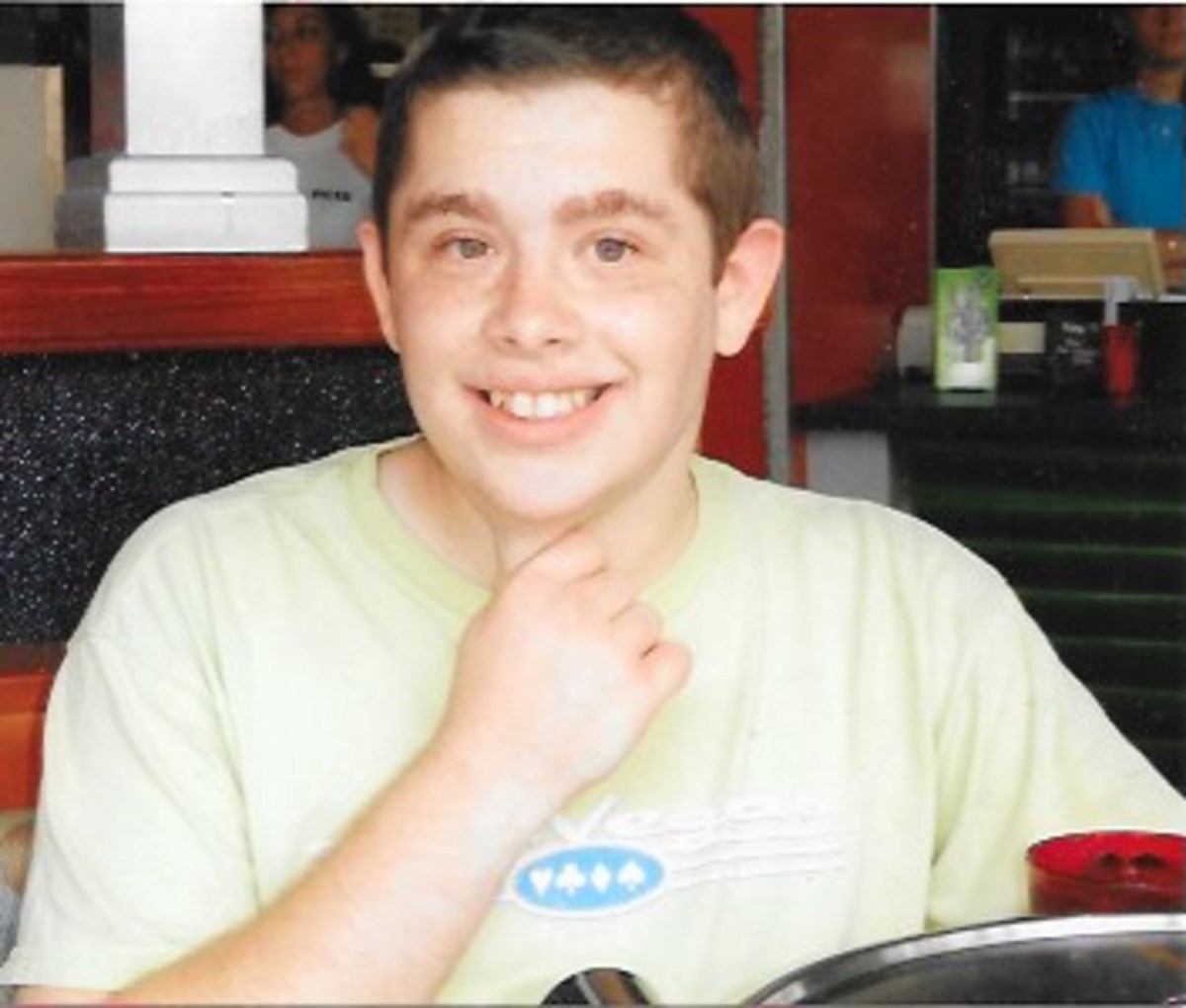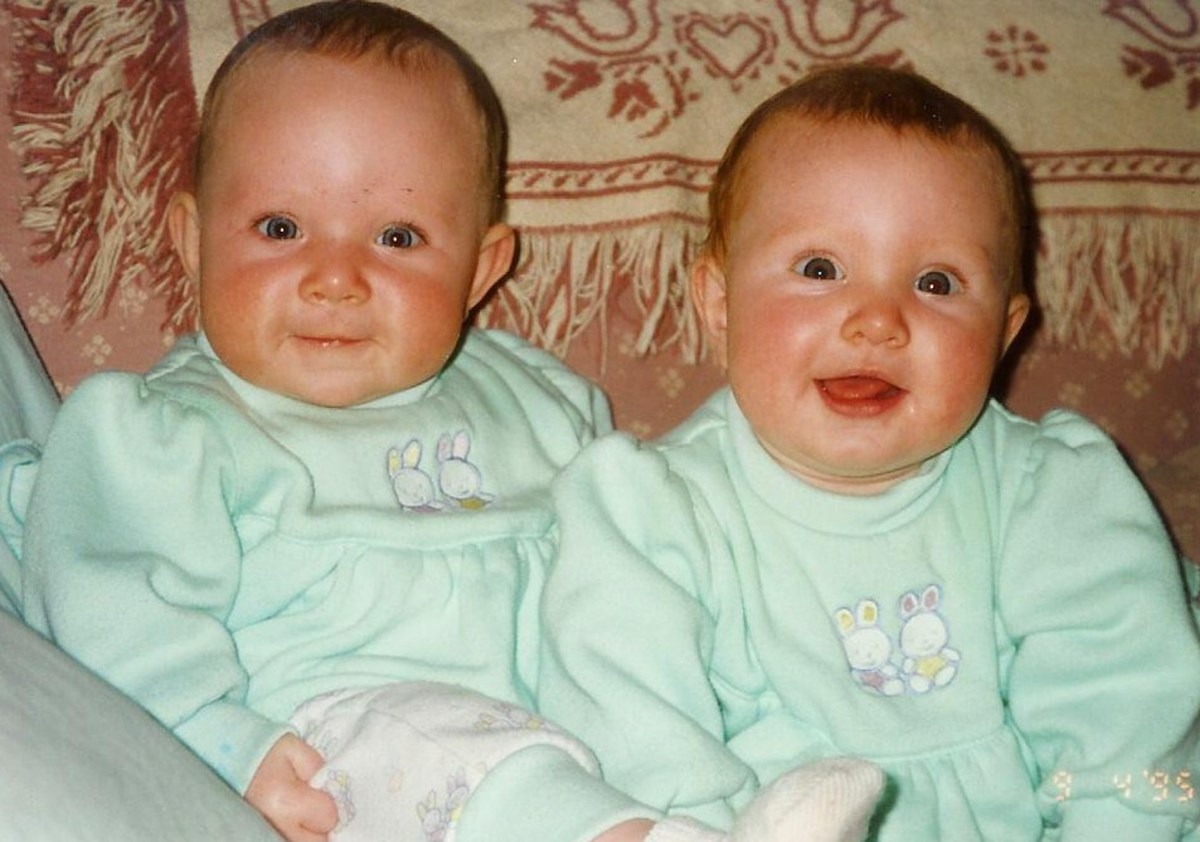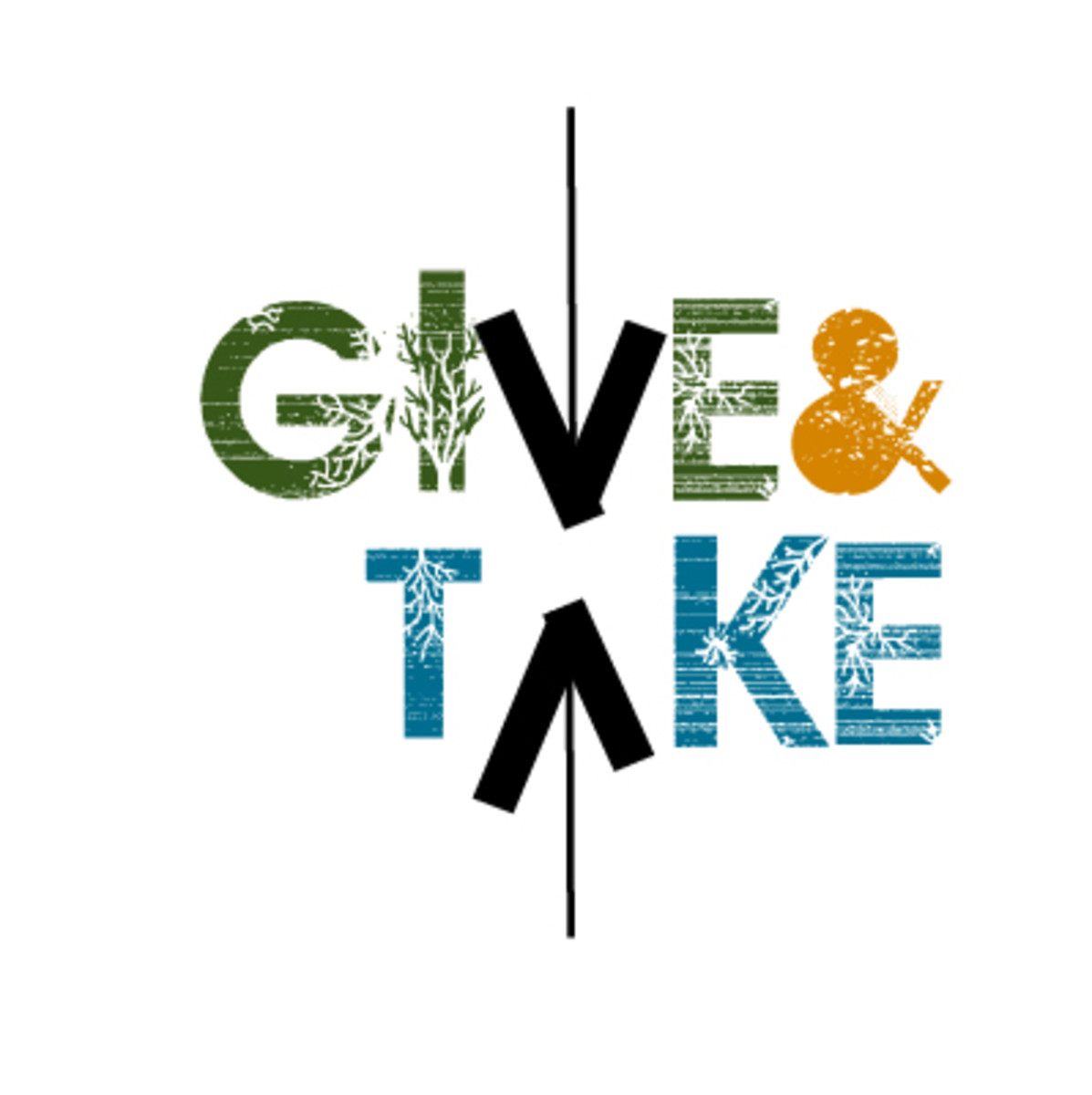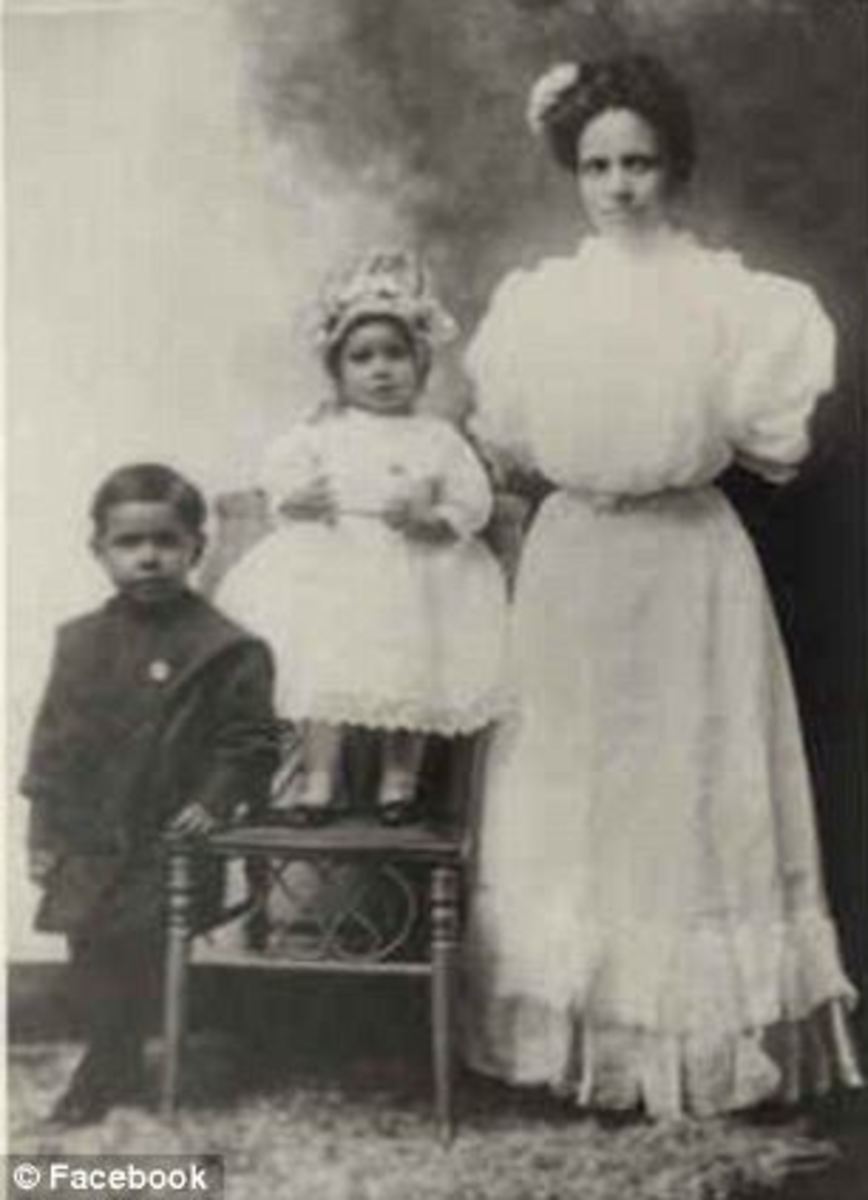Social Issues: Caring For The At-Home Care Givers

You probably know someone who is providing care at home for a loved one who is ill, injured, or disabled.
In 2010, it is estimated that more than 12 million people were receiving care at home for terminal illness, injury, mental illness, or long-term disability. The cost of that care exceeded $72 billion in 2010. The basic economics of the home care are shocking as the numbers climb every year.
All around us are families and friends who are providing care at home for a loved one and the chances are that we aren’t even aware of their circumstances. The families that provide care at home for a loved one rarely complain and almost never ask for help. They are the true unsung heroes in life who get up each day with uncertainty, wondering what the day will bring and praying for the strength to meet the challenges.
Care-giver stress.
Look closely at your neighbors and friends. Have you missed the signs? The signs of care-giver stress are subtle at first. You may not notice at all. They are easily overlooked or disregarded as normal but there is nothing normal about them.
Care-giver stress can manifest as:
- Sleeplessness
- Irritability
- Change in weight (gain or loss)
- Loss of hair
- Skin disorders (hives, eczema, psoriasis, tics, itching)
- Weakened immune system: more colds, flu, infections
- Fatigue (apathy, dark circles under the eyes, lost interest in grooming, eating)
- Loss of interest in news, events.
- Stomach problems (upset stomach, heartburn, constipation, diarrhea)
- Headaches
- Back, shoulder or neck pain, muscle tension
Any one or combination of the symptoms above can signal care-giver stress and is a silent scream for help.
Hiding in the shadows
Many care-givers deny the symptoms of stress or explain them away as the price they are willing to pay to keep their loved one at home. Some may feel it is their duty to provide care around the clock and that to ask for help is a sign of weakness or betrayal. But anyone who cares of a loved one at home needs help from people who care.
Do you know who they are? Would you recognize them in your neighborhood or place of work?
Chances are that someone in your neighborhood or workplace is living in the shadows of being a care-giver. They may be caring for a loved one who is battling cancer, struggling with Alzheimer’s disease, losing a battle with mental illness, or fighting to come back from the stroke or accident that left them unable to do for themselves. Chances are, their family has had to learn to do things they once thought impossible.
More Ways To Make a Better World
- OneSight - H.O.W.
There are many ways we can help people in need to make this world a better place. - How to Help Create a Special Christmas for Needy Families
Each year, approximately 1.2 million people reach below the poverty level and find themselves without the necessities to sustain them. We can brighten up families in need this Christmas by helping to create a Special Christmas for those who will be w - H.O.W. Humanity One World: I Cry Real Tears
Thank you for taking the time to read my very first, and quite possibly last, poem. I hope you appreciate the sentiment and message and do not concentrate quite so much on the poetic style.
Examples and Scenarios
Those that deserve and need our help may be a husband who never dreamed he would have to put diapers on his wife or maintain the central line that provides medication that makes her pain bearable.
It may be an elderly woman who sleeps with one eye on her husband to make sure he is still breathing since the stroke almost took him away from her.
Somewhere nearby there may be a young mother whose 15 year old son has been diagnosed with manic depression. She tolerates his verbal abuse, afraid to stand up for herself for fear of it escalating to physical abuse.
The man that repaired your car may be the father of a child born prematurely and now has cerebral palsy. The child’s mother couldn’t handle it the grief and left him to it alone.
Can you see inside those homes? Can you imagine the fatigue of knowing you cannot take a break, not even for an afternoon? Can you imagine the grief, of knowing you can’t do more because there just aren’t any more hours in the day? Can you imagine the fear not being able to do enough or, to do what is necessary at the right time? Do you know these people who are suffering in silence? What would you do if you knew?
The potential scenarios are as varied as you can imagine, but all around us are people that are hurting and yet they put on a brave face and pretend they are doing okay. You probably haven’t noticed because they didn’t want you to see how tired, sad, or frustrated they are. Care at home for a loved one who is unable to care for themselves is hard and until you’ve done it, you cannot imagine how hard it is.
H.O.W. you can help
The smallest offer of help can make a world of difference to someone who is caring for a loved one at home.
- An offer to stop at the store on the way home can save a precious hour of time.
- A simple meal delivered can give a care-giver extra time with the one they love,
- An offer to sit with the ill or injured can provide the care-giver the time to run an errand.
- Gift the care-giver with a massage or pedicure and offer to stay while they redeem the gift.
- Take a thermos of coffee and some cookies and just listen while the care-giver unloads.
- Pick up the mail or newspaper and deliver it in person.
- Cut flowers from your garden or pick up some fresh fruit and go for a short visit.
- If you have nursing skills offer to help on a weekend or take an evening shift.
- If you have mechanical skills, offer to repair a broken faucet or get the car inspected.
- If you do nothing else, call, stop by, or send a card just to let the care-giver know they are not forgotten or alone.
There are hundreds of tiny acts of kindness that can make such a difference. If you have nothing else to offer but friendship, offer it. Care-givers often just need someone to listen, hold their hand, or listen. In the process of caring for a loved one, they often cease to be aware of their own needs. Remind them that they are human and still important to you. Let me know they are not invisible and have not been forgotten. Show them you care and that you are there for them. Be there, so they do not feel alone.
Make a difference, wont you?
While watching an interview recently of a CNN commentator and Shimon Perez, the current President of Israel and a Nobel Peace Prize recipient. Peres made a statement that struck a chord with me. It would be a good mantra for all. It went like this –
"An optimist and a pessimist will both pass away. The difference in them is how they live." - Shimon Peres
Give your optimism and love away. Make the difference in the quality of life for those that are providing care at home for a loved one. Won’t you be a care-giver to a care-giver who may be running on empty?
© 2012 Linda Crist, All rights reserved.
Resources for Care-givers
- Caregiving Resource Center, Senior Housing Options, Legal & Financial Rights, End of Life Care -
AARP's Caregiving Resource Center includes information about getting started, providing care, housing options, legal & financial information, end of life care, and more. - FCA: Family Caregiver Alliance Home









